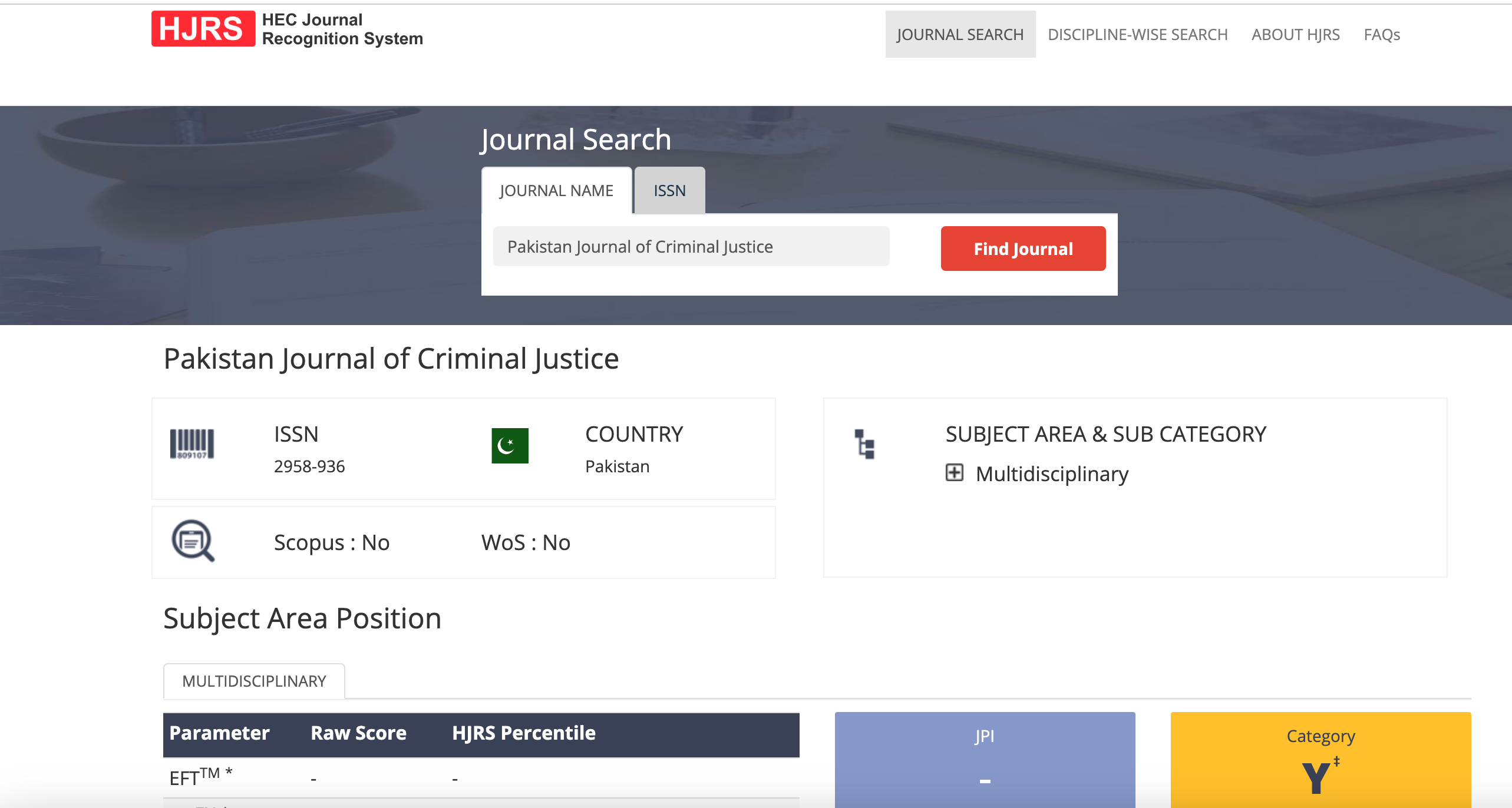Consequences of Merging of FATA in Khyber Pakhtunkhwa: A Critical Analysis
Keywords:
Fata, KPK, merger, FATA lawsAbstract
This research focuses on securitization in the tribal areas that are traced back to the British arrival in the region. Both the British and Pakistan treated the tribal belt with imperial and national security considerations. The British perceived it as the centre of gravity against Czarist Russia for India’s survival and security during the nineteenth-century Great Game and afterwards. Pakistan after independence continued the region with the same colonial pattern against Afghanistan, India, Russia and Iran. Both the colonial and post-colonial power retained the tribal belt as a barren periphery, security zone and geo-strategic centre of gravity, for the sole reason of protecting and safeguarding the interest of the core region, in the name of imperial and national security. The main focus of this research is on the post-merger security paradigm of the tribal areas. FATA’s merger as the democratic project based on mainstreaming is changing the imperial legacy of the region. The mainstreaming is shrinking space for the state to use the region for securing and serving the interest of the core region under the pretext of national security. Moreover, it also restricted space for militants, extremists, anti-state actors and influential elites.





